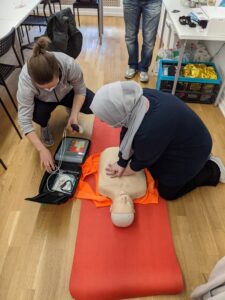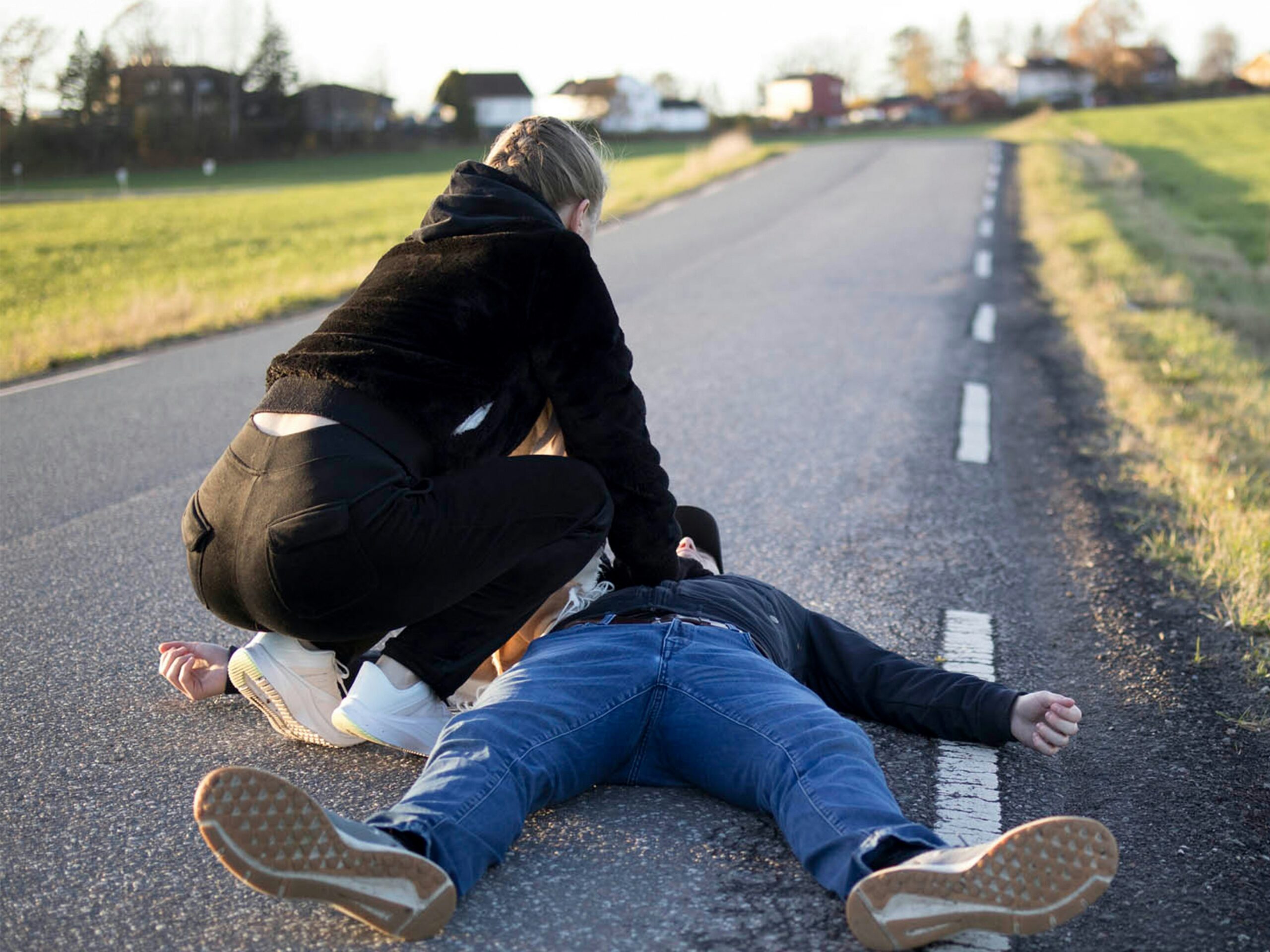Common CPR and First Aid Mistakes: What You Need to Know
In an emergency, every second counts. Performing CPR (Cardiopulmonary Resuscitation) or administering first aid can mean the difference between life and death. However, even with the best intentions, common mistakes can occur, reducing the effectiveness of these critical interventions. Here’s a guide to some of the most frequent errors and how to avoid them.
-
Not Calling for Help Immediately
Mistake: Failing to call emergency services right away.
Solution: Always call 999 (or your local emergency number) as soon as you identify a serious issue. In a CPR situation, delegate someone to make the call while you begin compressions.
-
Inadequate Chest Compressions
Mistake: Not pressing hard enough or fast enough during CPR.
Solution: Compressions should be at least 2 inches deep and at a rate of 100-120 compressions per minute. Ensure you allow the chest to fully recoil between compressions.
-
Incorrect Hand Placement
Mistake: Placing hands too high or too low on the chest.
Solution: Position your hands in the centre of the chest, on the lower half of the sternum. This ensures effective compression of the heart.
-
Not Using AED When Available
Mistake: Ignoring an Automated External Defibrillator (AED) or not knowing how to use it.
Solution: Use an AED as soon as it’s available. Follow the voice prompts provided by the device. AEDs are designed to be user-friendly and can significantly increase the chance of survival.
-
Giving Incorrect Rescue Breaths
Mistake: Improper technique leading to ineffective rescue breaths.
Solution: Ensure the airway is open using the head-tilt, chin-lift method. Give breaths that make the chest rise, but avoid over-inflation which can lead to complications.
Conclusion
Avoiding these common mistakes can make a significant difference in an emergency. Regular training and staying informed about the latest CPR and first aid guidelines are crucial. Remember, your actions can save lives, so it’s vital to be prepared and knowledgeable.
By staying aware of these common pitfalls and committing to continuous learning, you can be a more effective first responder, potentially saving lives when it matters most.


